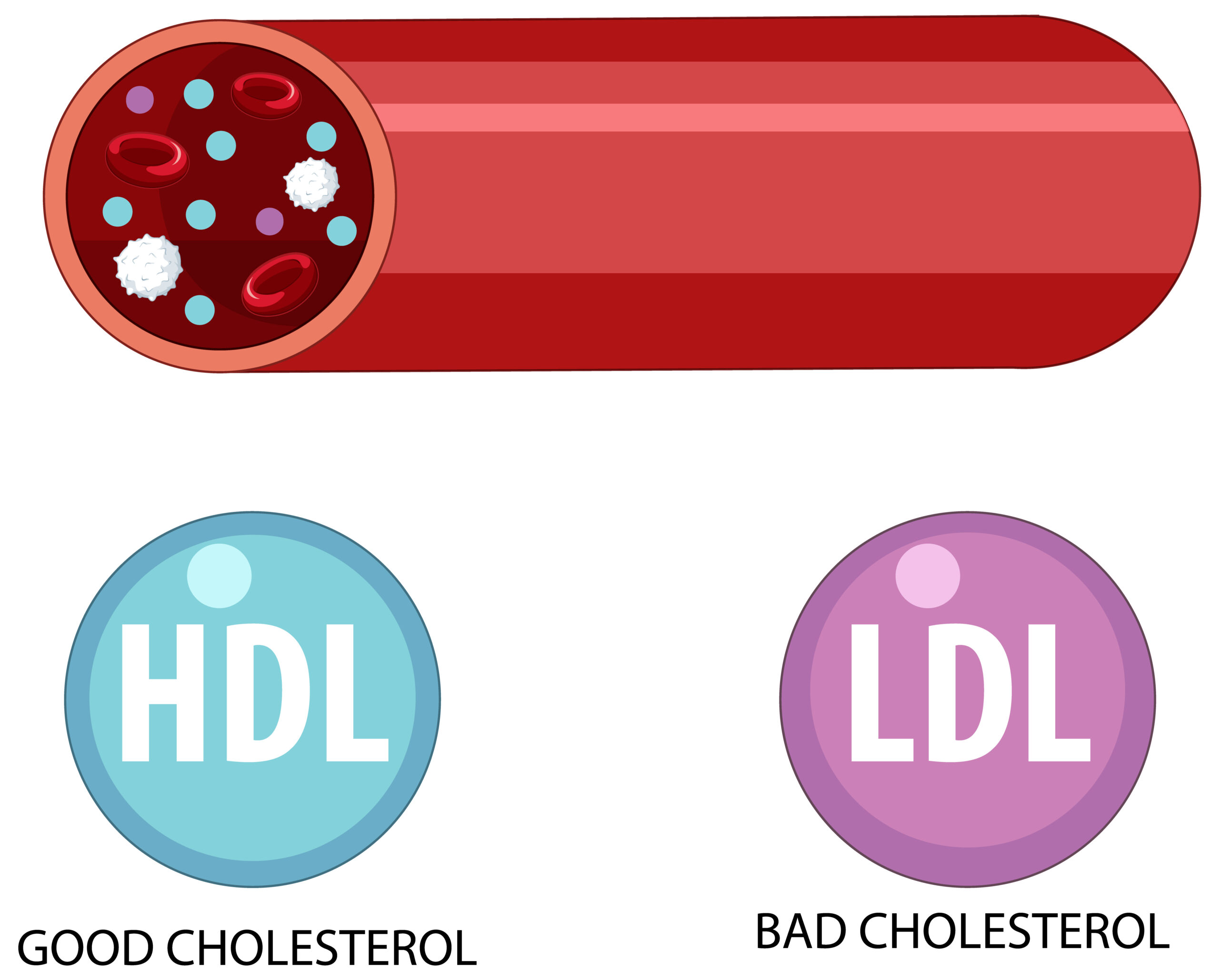Hepatitis B is a viral infection that affects the liver and can cause serious damage over time. Despite being preventable and treatable, hepatitis B remains a significant global health concern. Here are 10 essential facts about hepatitis B that everyone should know.
1. Viral Origin
Hepatitis B is caused by the hepatitis B virus (HBV), a member of the Hepadnaviridae family. The virus primarily targets liver cells, leading to liver inflammation and damage.
2. Modes of Transmission
“HBV spreads through contact with infected blood, semen, or other body fluids. It’s important to be aware of how this virus can be transmitted to protect yourself and others.”.
Common modes of transmission include:
Unprotected sexual contact with an infected person
Sharing needles or syringes with an infected individual
From an infected mother to her baby during childbirth
Contact with infected blood or bodily fluids in healthcare settings
3. Global Burden
Hepatitis B is a global health issue, with an estimated 257 million people living with chronic HBV infection worldwide. The prevalence is highest in regions such as sub-Saharan Africa and East Asia.
4. Acute vs. Chronic Infection
Hepatitis B can present as either acute or chronic infection:
Acute hepatitis B is a short-term illness that may cause symptoms like fatigue, nausea, and jaundice. Most cases resolve on their own within a few months.
Chronic hepatitis B occurs when the infection persists for more than six months. It can lead to long-term liver damage, cirrhosis, and even liver cancer.
5. Vaccination
The hepatitis B vaccine is highly effective in preventing HBV infection. It is typically administered as a series of three or four doses, starting in infancy and continuing through adulthood for unvaccinated individuals.

6. Screening and Diagnosis
Screening for hepatitis B involves blood tests to detect HBV antigens and antibodies. The diagnosis is confirmed by the presence of specific markers in the blood.
7. Modes of Prevention
Preventing hepatitis B includes:
Vaccination: Vaccinating infants, high-risk individuals, and healthcare workers.
Safe Practices: Using condoms during sex, avoiding sharing needles or personal items like razors or toothbrushes, and practising good hygiene.
Post-Exposure Prophylaxis: Administering HBV immunoglobulin and the hepatitis B vaccine within 24 hours of exposure can prevent infection.
8. Potential Complications
Chronic hepatitis B can lead to severe complications, including liver cirrhosis (scarring), liver failure, and hepatocellular carcinoma (liver cancer). Regular monitoring and treatment are essential for managing these risks.
9. Treatment Options
Treatment for chronic hepatitis B aims to suppress viral replication and reduce liver inflammation. Antiviral medications such as tenofovir and entecavir are commonly used to manage the infection and prevent complications.
10. Public Health Initiatives
Global efforts to combat hepatitis B include:
Implementing vaccination programs, particularly in high-prevalence regions.
Increasing access to screening, diagnosis, and treatment services.
Raising awareness about hepatitis B transmission, prevention, and treatment through education and advocacy campaigns.
Conclusion
Hepatitis B is a significant health challenge, but its impact can be minimized with effective prevention measures, early detection, and appropriate treatment. Vaccination, safe practices, regular screenings, and access to healthcare services are crucial in the fight against hepatitis B. By understanding the key facts about this viral infection, individuals and communities can take proactive steps to protect themselves and promote liver health. If you have concerns about hepatitis B, consult with a healthcare professional for personalized guidance and care.









